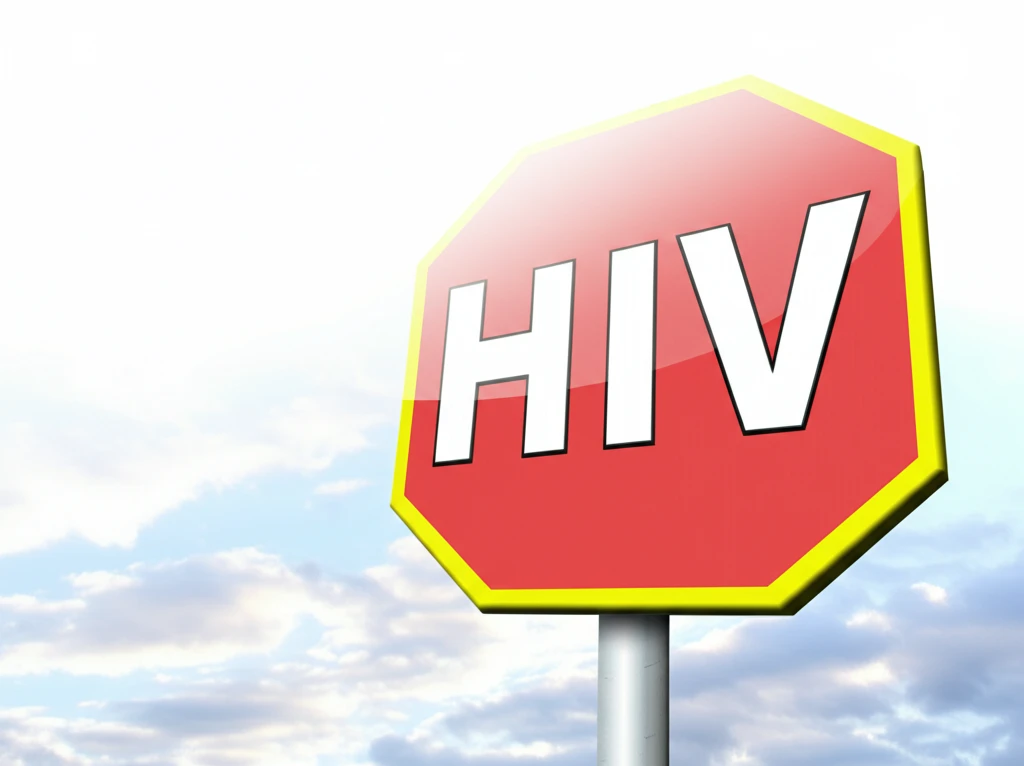
Aging with HIV: Unlocking the Secrets to a Healthier Future
"Navigating the complexities of HIV and aging: Insights, challenges, and hopeful strategies for improved well-being."
The landscape of HIV has dramatically shifted. Once considered a death sentence, advancements in antiretroviral therapy (ART) have transformed HIV into a manageable chronic condition. As a result, people with HIV are living longer, healthier lives, and a significant portion of the HIV-positive population is now entering older adulthood.
However, this success story comes with its own set of challenges. Aging with HIV is not simply about getting older; it's about navigating a complex interplay between the virus, long-term ART exposure, and the natural aging process. Individuals with HIV may experience accelerated aging, an earlier onset of age-related conditions, and a higher risk of certain comorbidities.
Understanding these unique challenges is crucial to ensuring the well-being of older adults with HIV. This article delves into the key aspects of aging with HIV, exploring the specific health concerns, the latest research findings, and the strategies that can promote healthy aging and improve quality of life.
The Unique Challenges of Aging with HIV

While people with HIV can now expect to live longer lives, they often face a disproportionate burden of age-related health problems. This phenomenon, sometimes referred to as accelerated aging, can manifest in several ways. Studies suggest that individuals with HIV may experience earlier onset of cardiovascular disease, osteoporosis, certain cancers, and neurocognitive decline.
- Increased risk of cardiovascular disease.
- Higher prevalence of osteoporosis and fractures.
- Greater likelihood of neurocognitive impairment.
- Increased susceptibility to certain cancers.
Strategies for a Healthier Future
Despite the challenges, there is hope for a healthier future for older adults with HIV. By adopting proactive strategies, individuals can mitigate the risks associated with aging with HIV and improve their overall well-being. Regular medical checkups, adherence to ART, and management of comorbidities are essential. Lifestyle modifications such as quitting smoking, maintaining a healthy diet, and engaging in regular physical activity can also make a significant difference. Social support and mental health services are also important resources for older adults with HIV. With the right care and support, older adults with HIV can live long, fulfilling lives.
